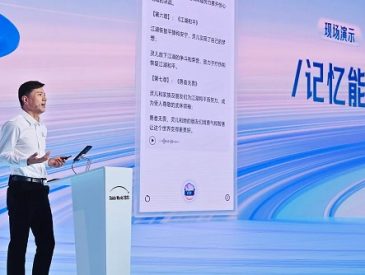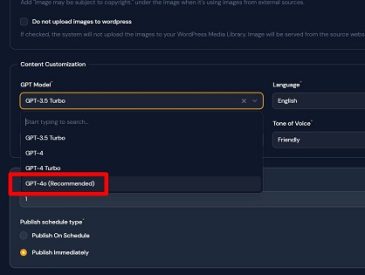In a groundbreaking collaboration, Google and the Department of Defense (DoD) have joined forces to develop an AI-powered microscope that holds tremendous potential for improving cancer identification. This cutting-edge technology aims to assist doctors in more accurately and efficiently identifying cancerous cells.
The partnership between Google and the DoD brings together advanced artificial intelligence capabilities and medical expertise to create a transformative tool for cancer detection. The AI-powered microscope leverages state-of-the-art algorithms and machine learning to analyze microscopic images and provide valuable insights to medical professionals.
The AI-powered microscope, known as the Augmented Reality Microscope (ARM), merges the power of AI with the precision of traditional microscopy. By incorporating augmented reality technology, the ARM enhances doctors’ ability to identify cancerous cells and provides real-time assistance during the diagnostic process.
This innovative solution has the potential to revolutionize cancer diagnosis by significantly reducing the time and resources needed for accurate identification. With its AI algorithms, the ARM can quickly analyze vast amounts of microscopic data, assisting doctors in making informed decisions and improving patient outcomes.
The AI-powered microscope developed by Google and the DoD represents a significant step forward in the realm of healthcare technology. By harnessing the potential of AI, this tool has the capacity to improve accuracy and efficiency in cancer detection, enabling doctors to initiate timely interventions and personalized treatment plans.
The collaboration between Google and the DoD highlights the importance of public-private partnerships in driving innovation in the healthcare sector. By combining Google’s expertise in AI and data analysis with the DoD’s commitment to advancing medical technologies, this joint effort aims to make significant strides in cancer research and diagnosis.
As this project progresses, it is essential to consider the ethical implications and ensure the responsible use of AI in healthcare. Safeguarding patient privacy and data security are paramount, and Google and the DoD have committed to ensuring that no customer data is utilized during the training of the AI models.
The development of an AI-powered microscope by Google and the DoD holds tremendous promise for cancer diagnosis and treatment. Its potential to accurately identify cancerous cells has the potential to save lives and improve patient outcomes. As this technology continues to evolve, it will be crucial to validate its effectiveness through rigorous scientific studies and clinical trials.
In conclusion, the collaboration between Google and the Department of Defense in building an AI-powered microscope represents a significant advancement in cancer detection and diagnosis. By leveraging the power of AI and augmented reality, this innovative tool has the potential to revolutionize the way doctors identify cancerous cells. As research and development in this area continue, we can anticipate further breakthroughs that will transform cancer care and improve patient outcomes.
Sources:
- CNBC – Google, DoD built an AI-powered microscope to help doctors identify cancer
- Engadget – Google is developing an AI-powered microscope to help doctors spot cancer
- The Register – The DoD wants AI-powered microscopes that can detect cancer
Get ready to dive into a world of AI news, reviews, and tips at Wicked Sciences! If you’ve been searching the internet for the latest insights on artificial intelligence, look no further. We understand that staying up to date with the ever-evolving field of AI can be a challenge, but Wicked Science is here to make it easier. Our website is packed with captivating articles and informative content that will keep you informed about the latest trends, breakthroughs, and applications in the world of AI. Whether you’re a seasoned AI enthusiast or just starting your journey, Wicked Science is your go-to destination for all things AI. Discover more by visiting our website today and unlock a world of fascinating AI knowledge.





